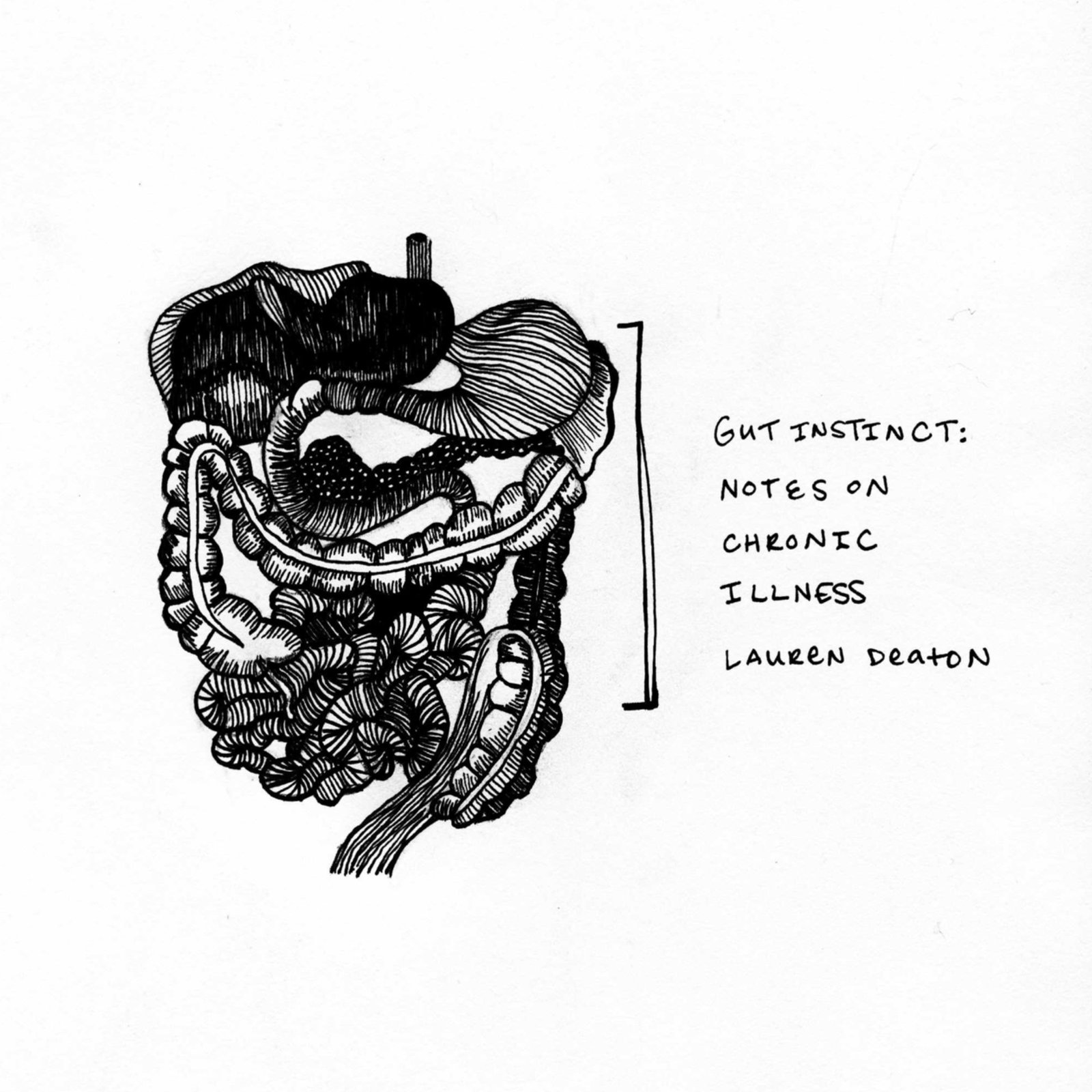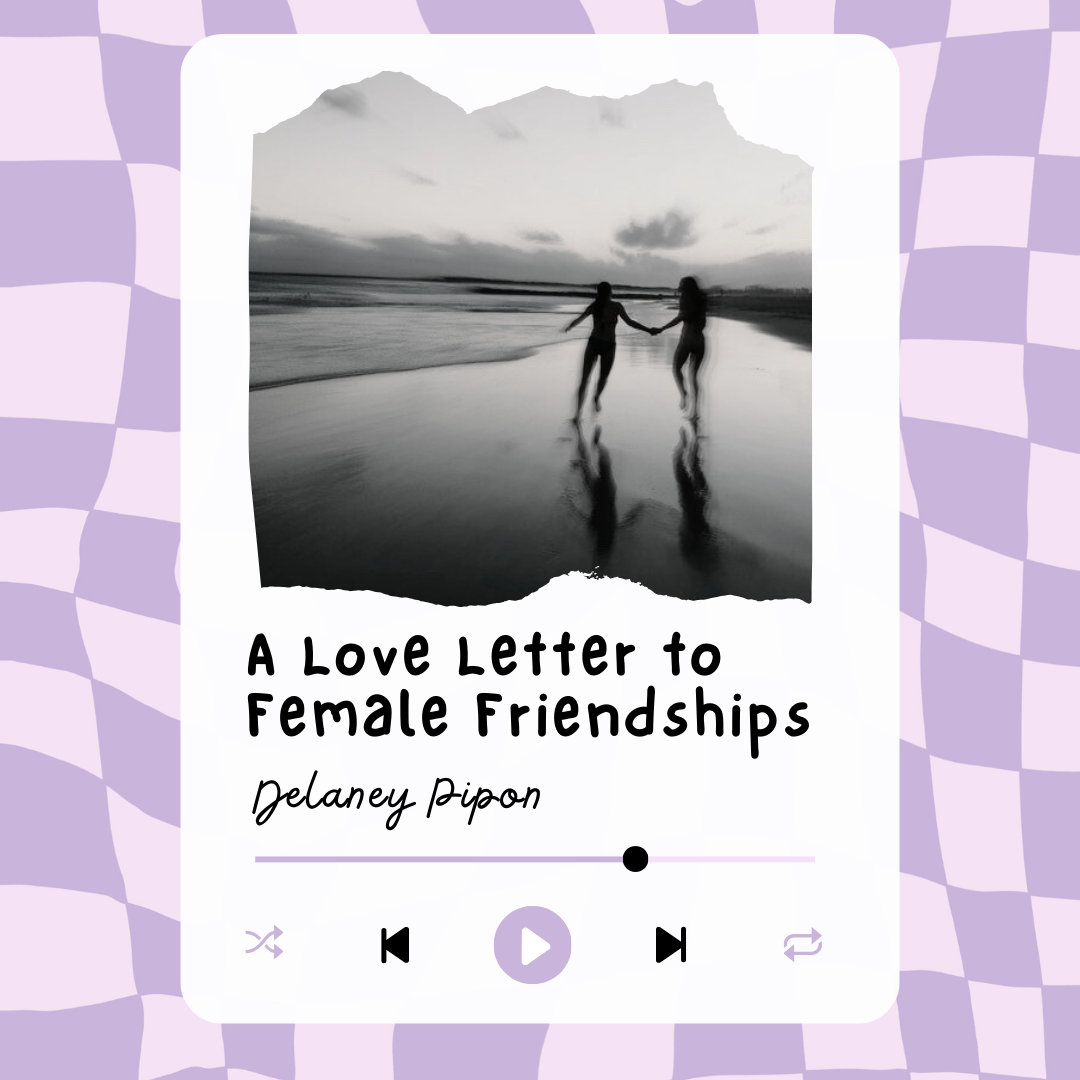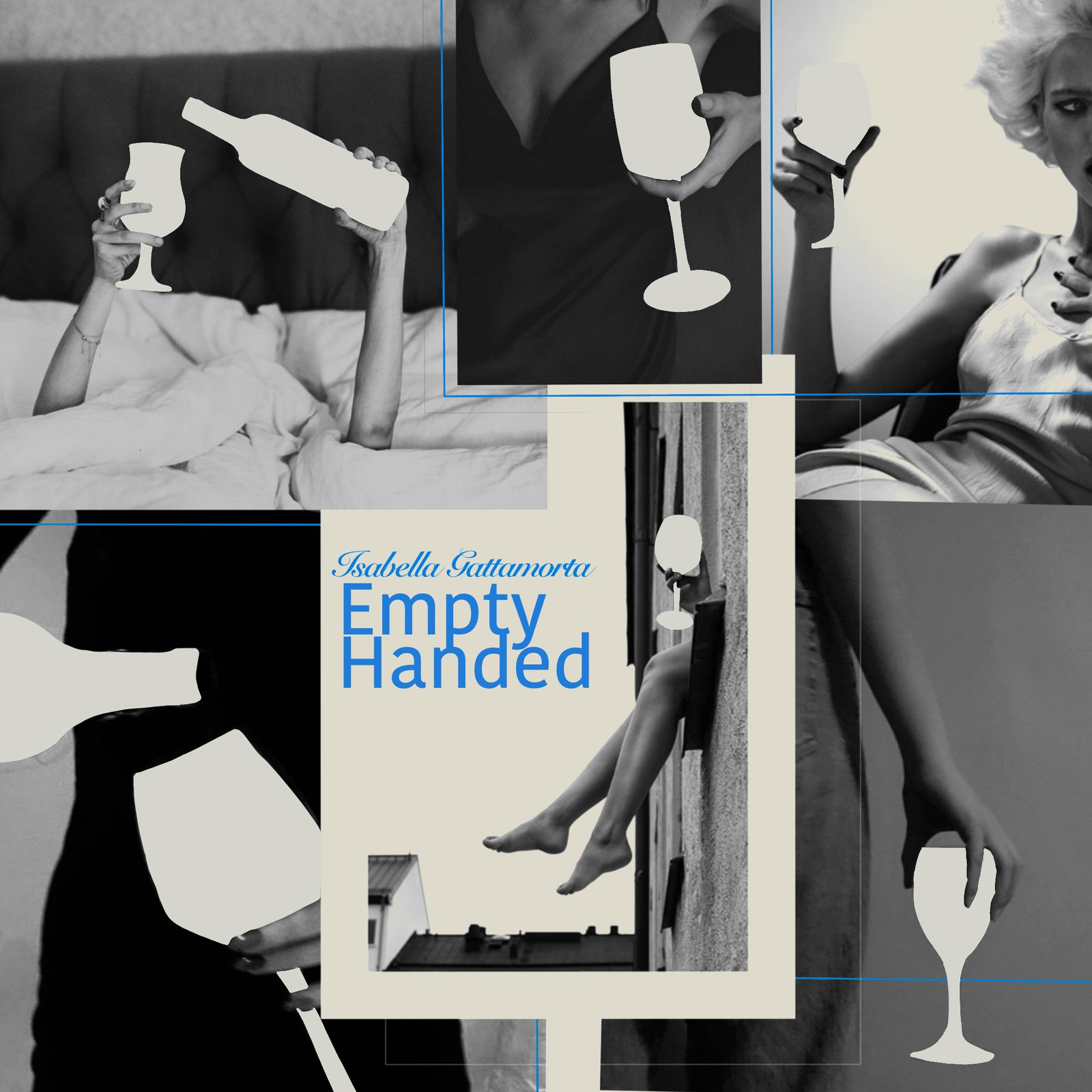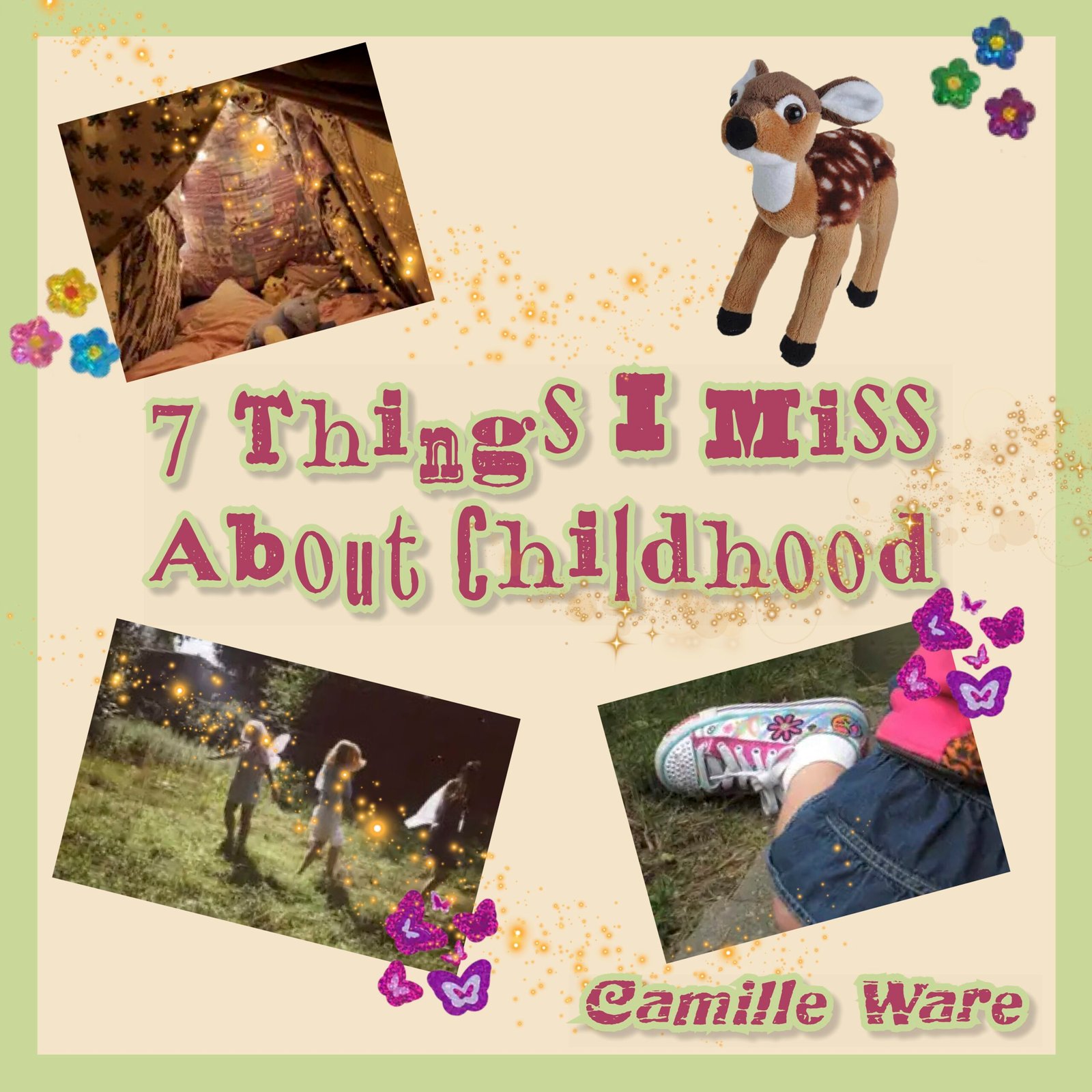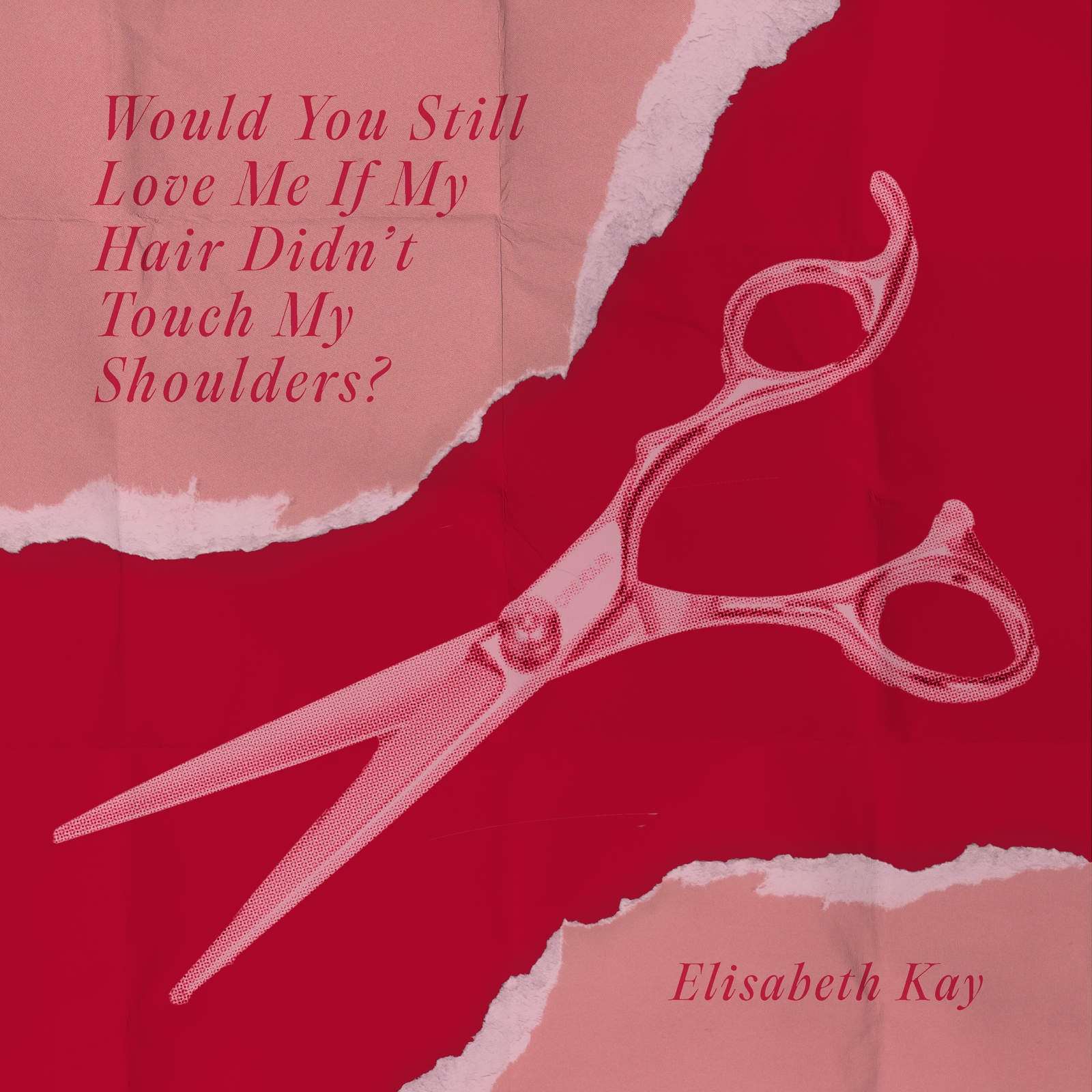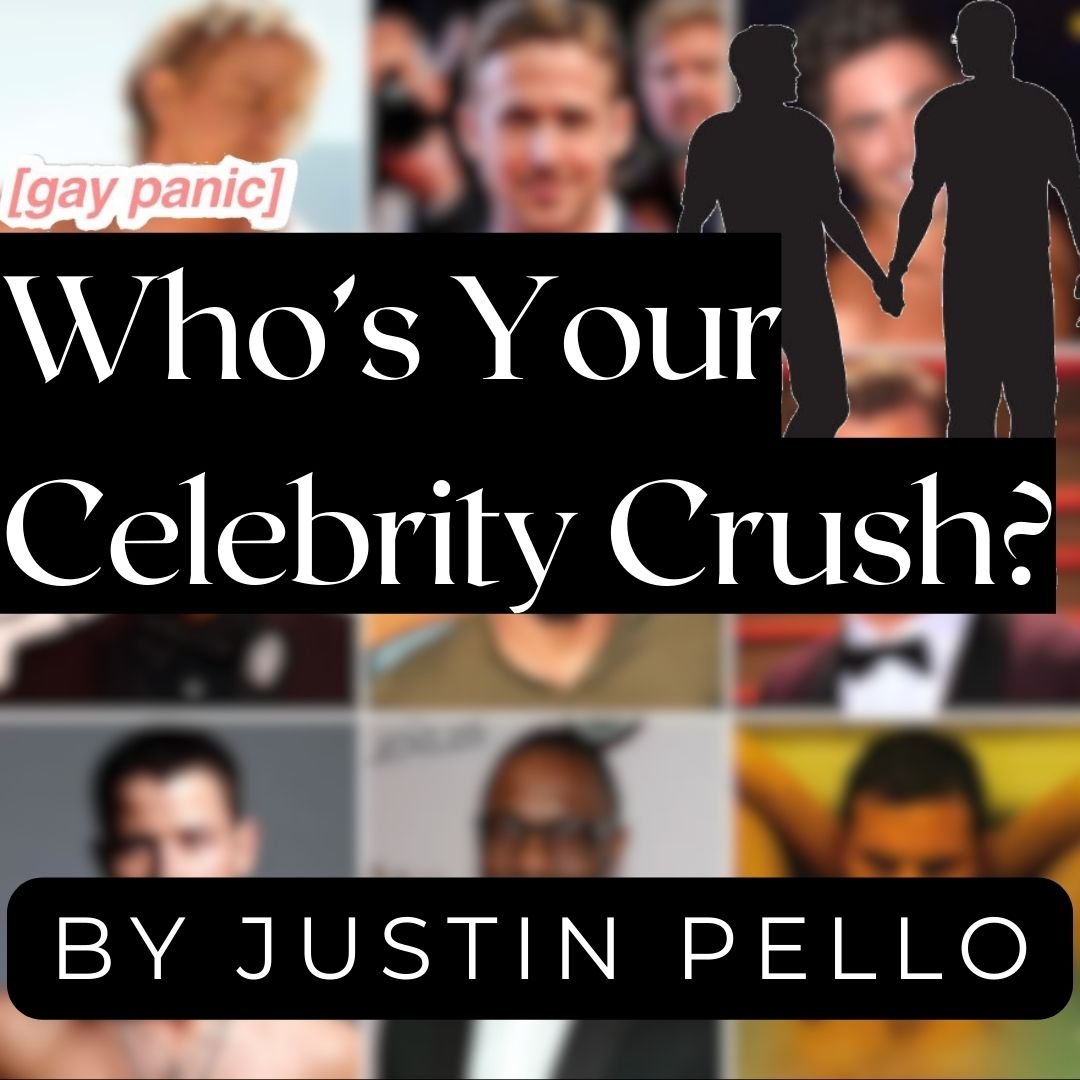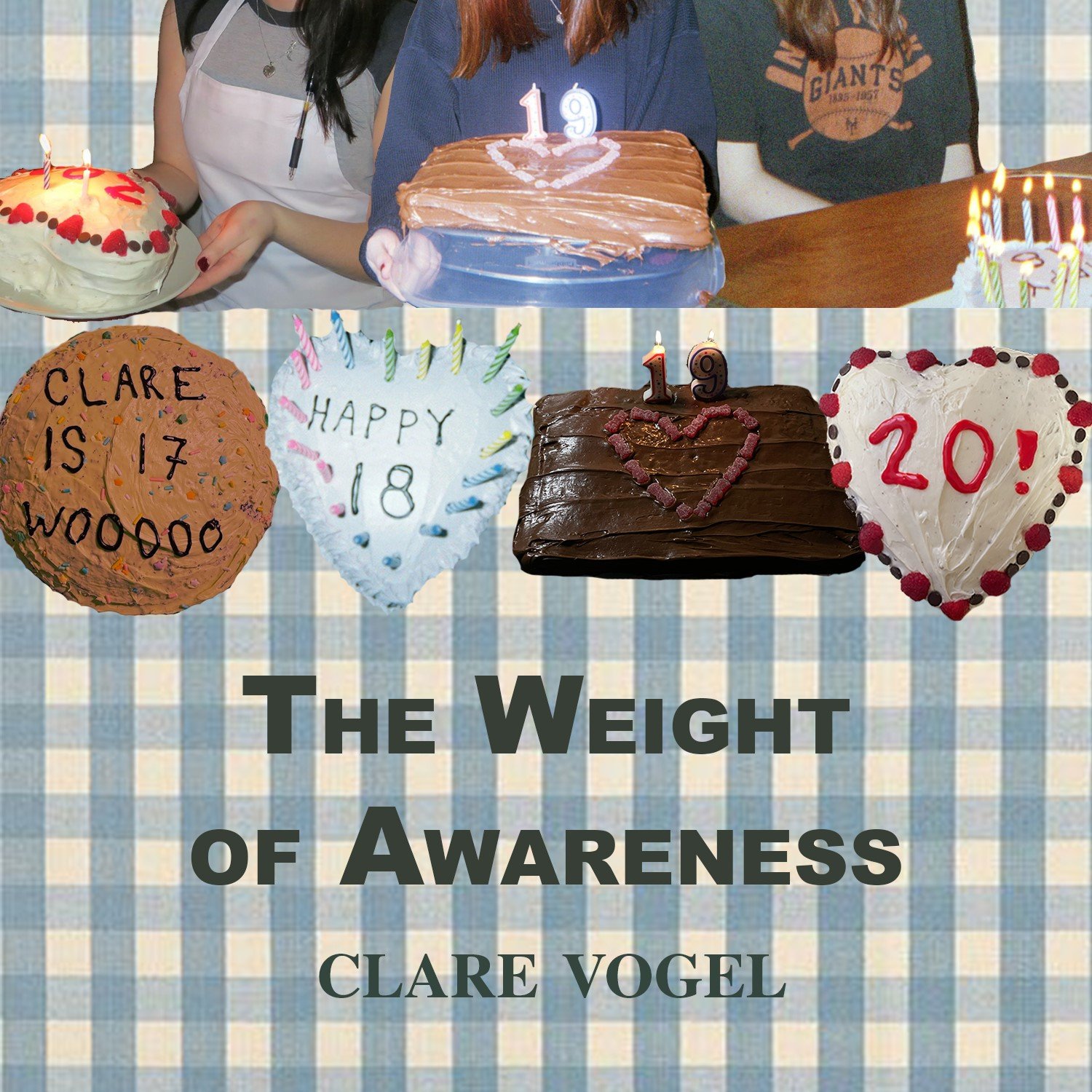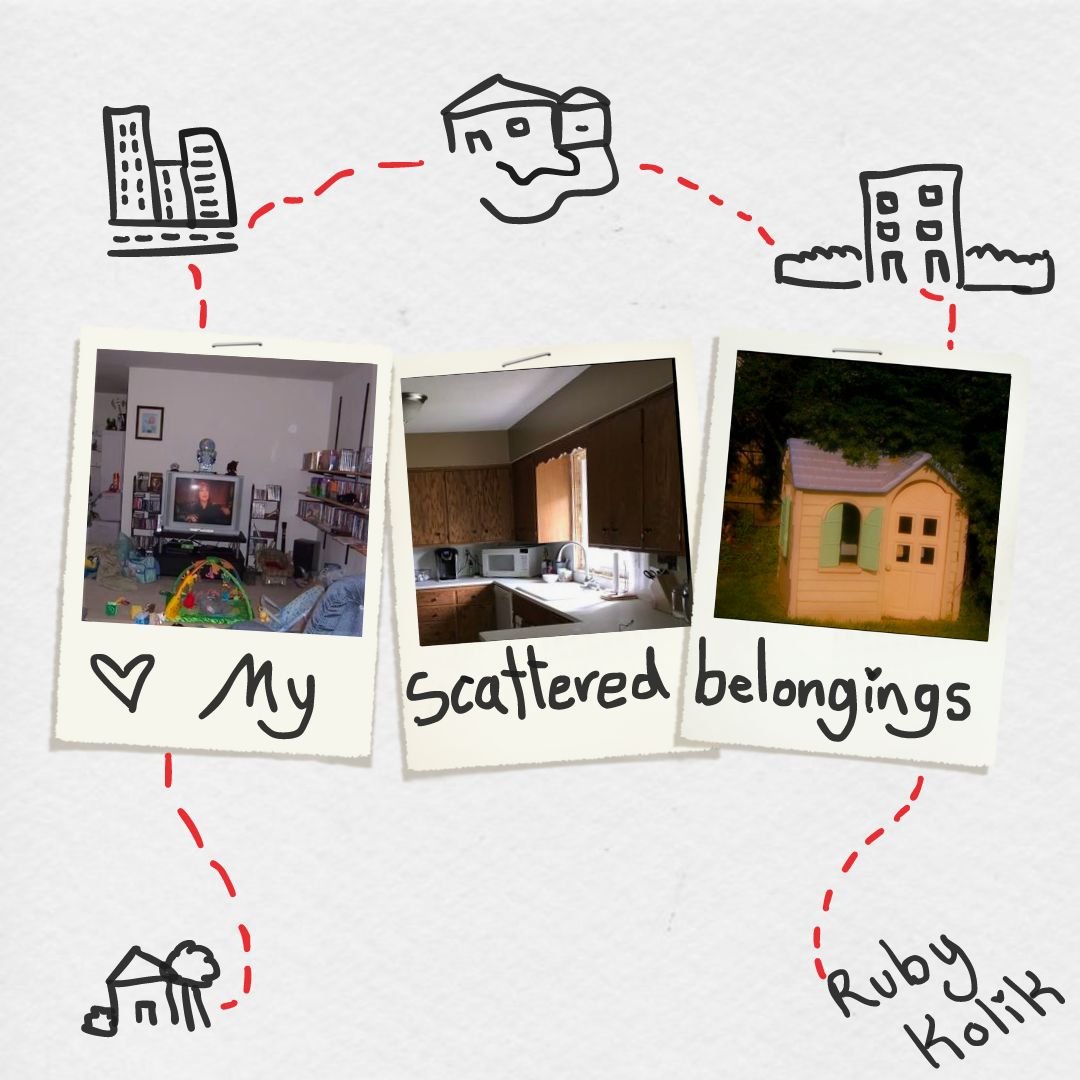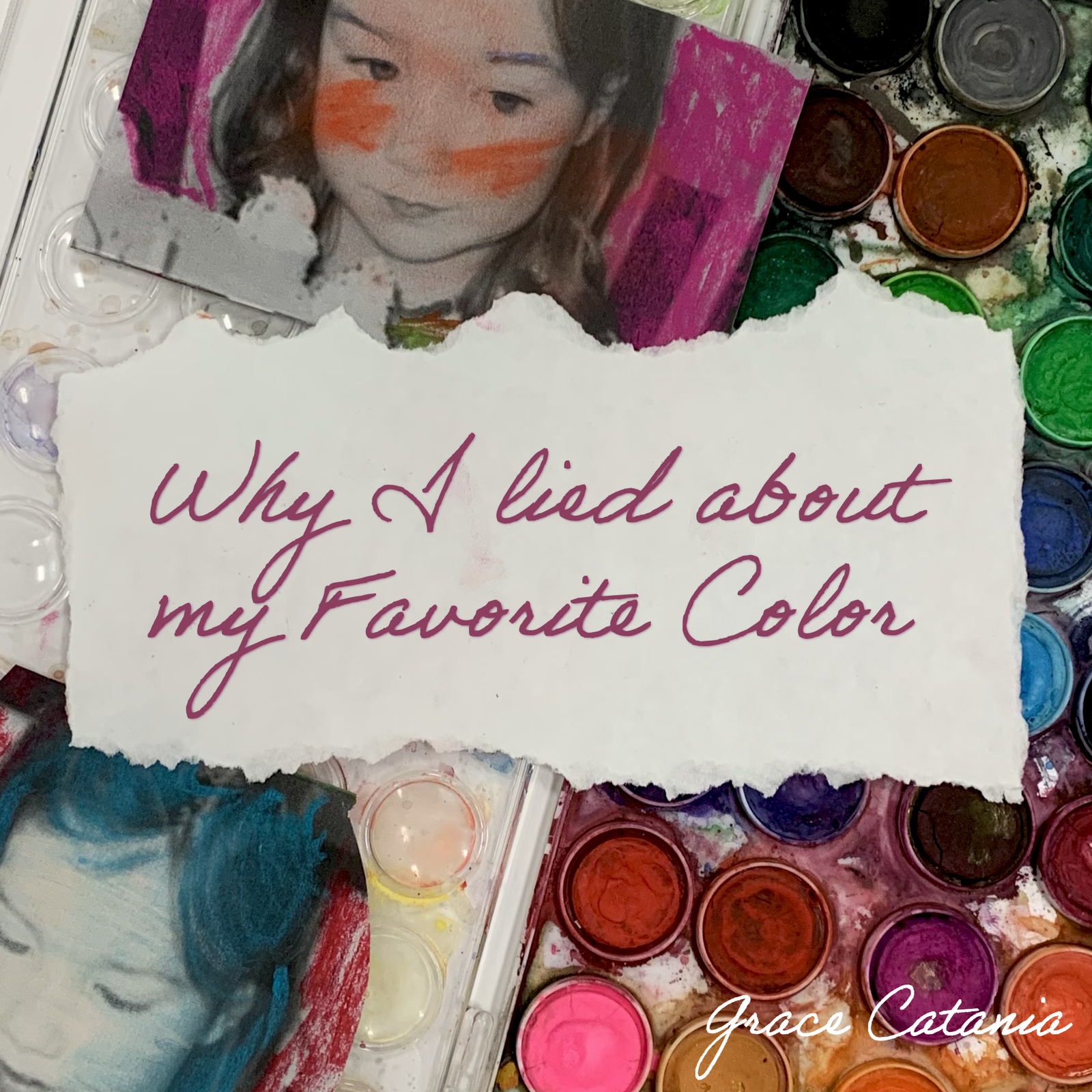The moment my doctor looked at me, and told me, finally, conclusively, my diagnosis, it felt like a weight lifted off my shoulders. You wouldn’t think that the words “eosinophilic gastroenteritis” would be words of relief to anyone, especially a 16 year old girl. But, after years of searching, and months of a vicious cycle of school, practice, doctors appointments, scopes, blood tests and more, to finally hear someone definitively say anything to me validated me. I was still naive enough to think that now that I finally had the diagnosis, I could be cured!
But that’s not quite how chronic illness works.
Eosinophilic gastroenteritis (EGE) is an incredibly rare condition in which extra eosinophils–a type of white blood cell–accumulate in the digestive tract causing inflammation, stimulating allergic reactions, and causing other symptoms like iron deficiency, migraine, and fatigue. The condition can be treated with medicine, but these are often steroids that cannot be taken for long; it is also treated through diet and monitoring. Often, the amount of eosinophils ebbs and flows, resulting in periods of downtime and periods of flares.
For a while, I tried medication, and it helped immensely but I couldn’t take it forever. I tried limiting my diet, eating fresher foods–which helped, but not enough. This past Summer, I did an elimination diet–cutting out every major allergen (plus some extras) before gradually adding them back in. By the end of it, I had discovered that if I wanted to feel any modicum of okay, I couldn’t eat gluten, soy, dairy, shellfish, strawberries, or oranges. I don’t say this in a boo-hoo way, I say it because, for someone who has loved food all of her life, cutting this many foods out is incredibly painful, while also being necessary to my health; and that’s a difficult situation to explain to others without them dumping pity on you.
And I don’t want anyone’s pity. This is my reality. My life. I am fighting every single day to make peace with it–I don’t need someone to tell me how sad it is that I can’t eat all these things or to remind me of how much I used to love a certain food I can no longer eat anymore. I don’t want to be told how brave I am, how noble it is of me to go through this diet change. I didn’t choose this, it threw itself upon me, and sticking to these updates is one of the only ways in which I have enough energy and strength to get through the day, I don’t want to be turned into some kind of martyr for it. I don’t need you to comment on my food, my body, and its processes like I’m some sad little puppy. I am a real, human person, with deep and complicated emotions and I don’t want to be singled down to my illness.
I know that people can be doing their best and it comes off in harmful ways, I understand that and I try to have grace for that–but I also have seen what it means for people to truly recognize, to be kind and willing to accommodate my needs in a way that is loving, affirming, and cognizant of the fact that I am making this choice so I can have a better life–and that I am empowered in that choosing. It’s okay to ask me questions, to need me to do specific things for a meal or bring an extra snack. That's fine, as long as it’s recognized that I am a person, I am doing my best, and I would rather be supported than looked at sadly.
I have enough days and thoughts filled with that frustration on my own.
For me, any trip to an unfamiliar grocery store almost always ends in tears as I walk back and forth across the store searching high and low for foods I can eat. Before I go out to eat I have to meticulously comb through the menu trying to find options that will suit my needs. If I don’t get enough sleep, or if my stomach has had a particularly rough time, it’s often a struggle to have energy for a full day of classes. I can rarely buy things from bake sales, and often have to turn down offers of food from well-meaning people, all with the fear that I’m hurting their feelings. I have to jam snacks and my lunch into my backpack and lunchbox because it’s hard to find snacks quickly that I can eat. I have to meticulously plan so many aspects of my day and my life around food so that I have what I need to eat. I can develop a sensitivity to a new food at any given moment, leading to new painful symptoms.
I understand how hard this is because I live it every single day, and it’s difficult and frustrating and sometimes I stare at my roommate’s ice cream in the freezer and wish I could eat it. What I want, more than anything though, is the understanding that I didn’t choose this illness, that I don’t want it, but I have it and can’t do anything to make it go away. I have made choices to the best of my ability, and to the best of my attempts to have control over my body, to have a better quality of life.
Yes, I am sick. Yes, I go to the doctor more than others my age. Yes, I have a weirdly specific diet. But I’m also still a 20 year old girl. I want to experience the fullness of the world and of my life as best I can–and I may sometimes need more support than others, but I don’t need their pity. I am so much more than my diagnosis. I cannot make this go away, but I can learn to live with it, to cope with it, and to be loved as a person with an illness, not an illness as a person.
